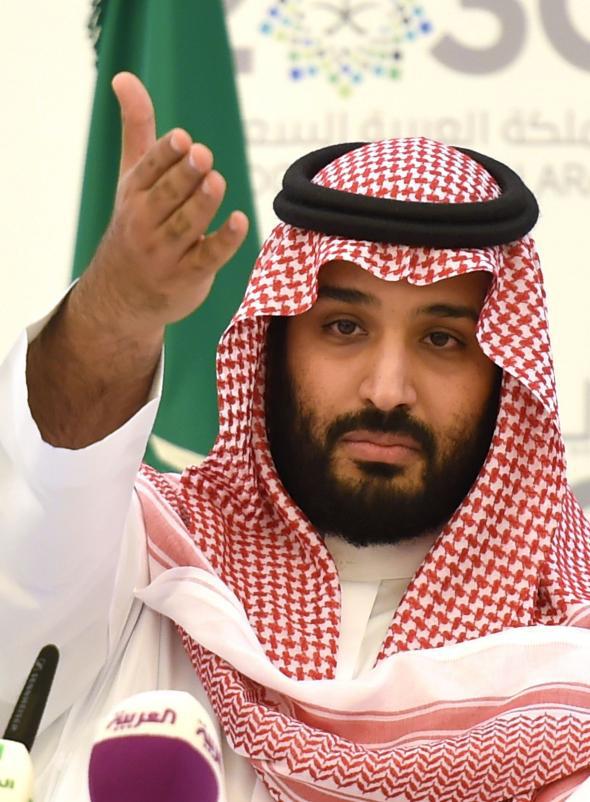Saudi Arabia announced a long-awaited plan Monday to dramatically reshape the country’s economy, aiming to free it from its decades-long dependence on oil. The move by the Saudis may have been expected, but that doesn’t make it any less of a sea change for the country that accumulated great wealth and power during the era of big oil and petro-based global economic growth. Now, prices have plummeted, the specter of climate change is changing consumption patterns, and to keep up with the times, Deputy Crown Prince Mohammed bin Salman says the country needs to make changes. The biggest will be its move away from relying on oil; bin Salman says the country will be able to live without oil altogether by 2020.
“We have an addiction to oil … this is dangerous,” Prince Mohammed said in an interview on state-owned al-Arabiya. “It has delayed development of other sectors.” The specifics of what reforms will take place is expected to be released in the next six weeks, but here are the fundamentals announced Monday of the “Saudi Vision 2030” plan from the Wall Street Journal:
Speaking to reporters, [Prince Mohammed] said the project … includes plans to sell less than 5% of state-owned oil giant Saudi Arabian Oil Co., known as Saudi Aramco, and transfer ownership of the company to Saudi Arabia’s sovereign-wealth fund, the Public Investment Fund, so it can build a war chest for non-oil investments abroad. The country will also implement reforms aimed at boosting revenue from non-oil sources, such as tourism and mining… With Aramco, Saudi Arabia’s Public Investment Fund would dwarf what is currently the world’s largest sovereign-wealth fund, Norway’s pension fund, which has assets worth around $825 billion, according to the Sovereign Wealth Fund Institute. Prince Mohammed estimated that the Saudi fund will eventually be worth nearly $3 trillion … Prince Mohammed said the government aims to diversify its revenues by opening up to more privatization in areas like health care and education, as well as expanding the country’s manufacturing base and investing in alternative energy sources. He also said the kingdom would introduce fees on luxury items, tobacco and sugary drinks.
Any plan will involve dramatic economic and social changes within Saudi Arabia, a country that has lived off the fat of oil reserves—it gets some 90 percent of its income from petroleum products—which has been spent lavishly on the Saudi elite and then passed on to Saudi citizens in perks such as no taxation and deeply subsidized energy and other utility costs. As budget deficits have spiraled in the last year as oil prices have fallen to below $50 a barrel this delicate socio-economic compact had come under intense pressure.
